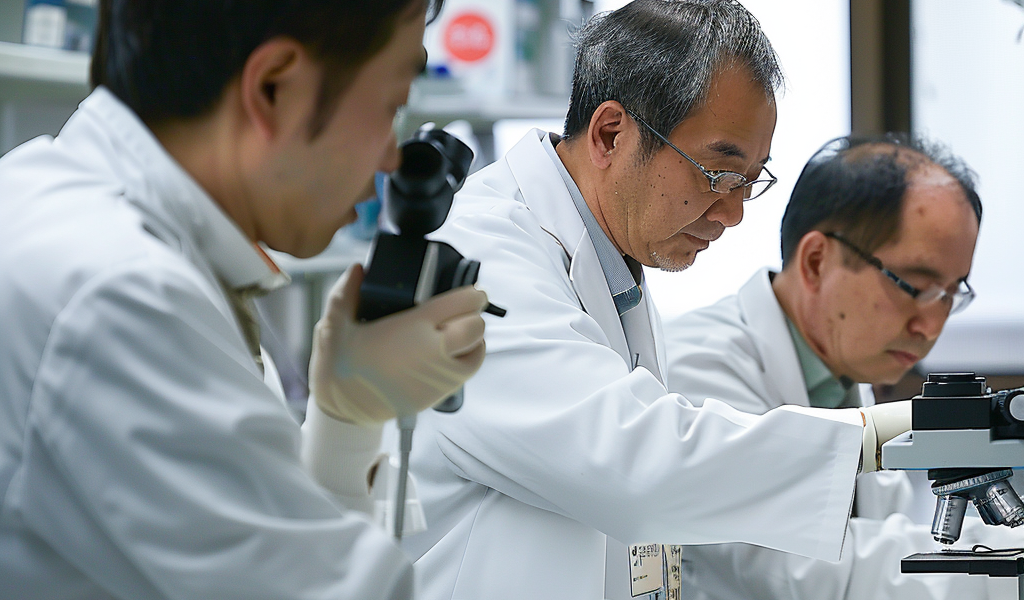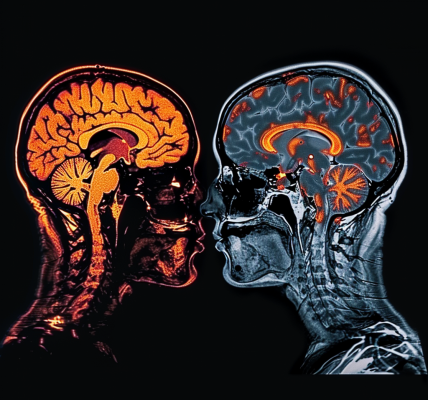A recent study conducted by a research team at Hokkaido University has revealed a groundbreaking approach to regenerative therapy for heart failure. The study, led by Professor Yuma Yamada of Hokkaido University’s Faculty of Pharmaceutical Science, demonstrated that activating the mitochondria of regenerative cells prior to treatment significantly enhances the effectiveness of cell transplantation therapy for heart healing.
Heart failure continues to be a leading cause of mortality worldwide, necessitating the development of advanced treatment options. With limited alternatives for severe heart failure, cell transplantation therapy has emerged as a promising avenue for regenerative therapy to heal the heart.

The research team, comprised of Professor Yuma Yamada, Atsuhito Takeda, and Masahiro Shiraishi, developed a technique to promote cardiac regeneration by delivering mitochondrial activators to cardiac progenitor cells. Their findings, published in the Journal of Controlled Release, shed light on the potential of this innovative approach.
According to Professor Yamada, the efficient use of the mitochondrial tricarboxylic acid cycle by cardiomyocytes to produce adenosine triphosphate via oxidative phosphorylation served as the basis for their hypothesis. By activating the mitochondrial function of transplanted cells, the team aimed to improve the outcome of cell transplantation therapy.
The research team utilized MITO-Porter, a drug delivery system targeting mitochondria within cells, to deliver Coenzyme Q10 (CoQ10) to human cardiosphere-derived cells (CDCs), resulting in the activation of their mitochondria (human MITO cells). When these human MITO cells were transplanted into a rat model of myocardial ischemia-reperfusion injury, a significant improvement in cardiac function was observed, along with a remarkable ability to suppress myocardial fibrosis, which is crucial in preventing incorrect healing of heart tissue.
Moreover, the study highlighted the versatility of therapy applications, as human MITO cells exhibited the ability to improve cardiac function not only through myocardial administration but also with intravenous administration. Additionally, it was suggested that human MITO cells may possess a higher survival rate even in environments characterized by increased Reactive Oxygen Species (ROS) due to mitochondrial damage.
The researchers also conducted metabolomics analysis to quantitatively assess metabolic changes in the chronic phase of heart failure in rat models. The study proposed that after myocardial administration of human MITO cells, amino acid synthesis in the myocardial TCA cycle in chronic heart failure was enhanced, indicating the potential of human MITO cells to bring about positive metabolic changes in the heart.





